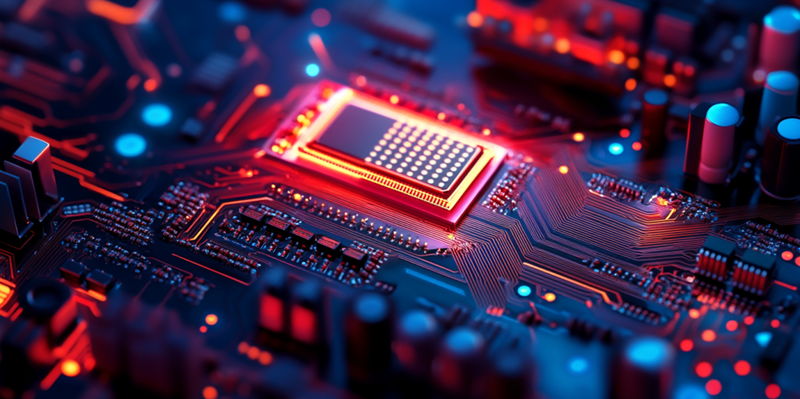Taiwan’s recent decision to restrict TSMC from manufacturing 2nm chips outside its borders has raised significant questions about the future of US-Taiwan tech relations. By keeping this cutting-edge semiconductor technology within the country, Taiwan aims to safeguard its core technological assets and maintain its global leadership in the semiconductor industry. This move could potentially strain US-Taiwan relations, especially considering the contrasting comments made by different US administrations regarding Taiwan’s role in the semiconductor sector. The motivations behind Taiwan’s restrictive measures are rooted in a desire to retain technological superiority, which is seen as crucial in the highly competitive global semiconductor market.
Under the Biden administration, there has been significant progress in fostering cooperative ventures, such as the TSMC facility in Arizona, made possible through the CHIPS Act. This initiative aims to bolster US domestic semiconductor production, starting with 4nm and 5nm processes, and eventually progressing to the production of 2nm chips by the end of the decade. These developments highlight the importance of international cooperation in advancing semiconductor technology and ensuring a stable supply chain. However, Taiwan’s decision to keep its 2nm technology domestic presents a layer of complexity, reflecting its cautious approach to technology transfer. This decision underscores the nation’s commitment to retaining its competitive edge while navigating the intricate landscape of global tech collaborations.
The impact of Taiwan’s restrictive measures is not limited to technological aspects but also extends to geopolitical implications. President-elect Donald Trump’s previous remarks about Taiwan allegedly stealing US semiconductor technology contrast sharply with the collaborative atmosphere promoted during the Biden administration. These differing viewpoints reveal the underlying tension in balancing national security interests and fostering international collaboration. For Taiwan, ensuring that its advanced semiconductor technology does not fall into the hands of competitors is a top priority, as this could potentially erode its leading position in the industry. While the US and Taiwan have shared goals in semiconductor development, Taiwan’s stance reflects a protective approach to its technological prowess, posing challenges for future joint ventures.
In summary, Taiwan’s decision to restrict 2nm chip production within its borders illustrates a strategic move to preserve its technological leadership in the semiconductor field. This protective measure has profound implications for US-Taiwan tech relations, potentially complicating collaborative efforts in the industry. As both nations navigate this delicate balance, the future of semiconductor manufacturing will likely involve a careful negotiation between safeguarding national interests and embracing international cooperation. The evolving landscape of tech collaborations underscores the need for nuanced strategies that address both protective and collaborative objectives within the rapidly advancing semiconductor sector.

